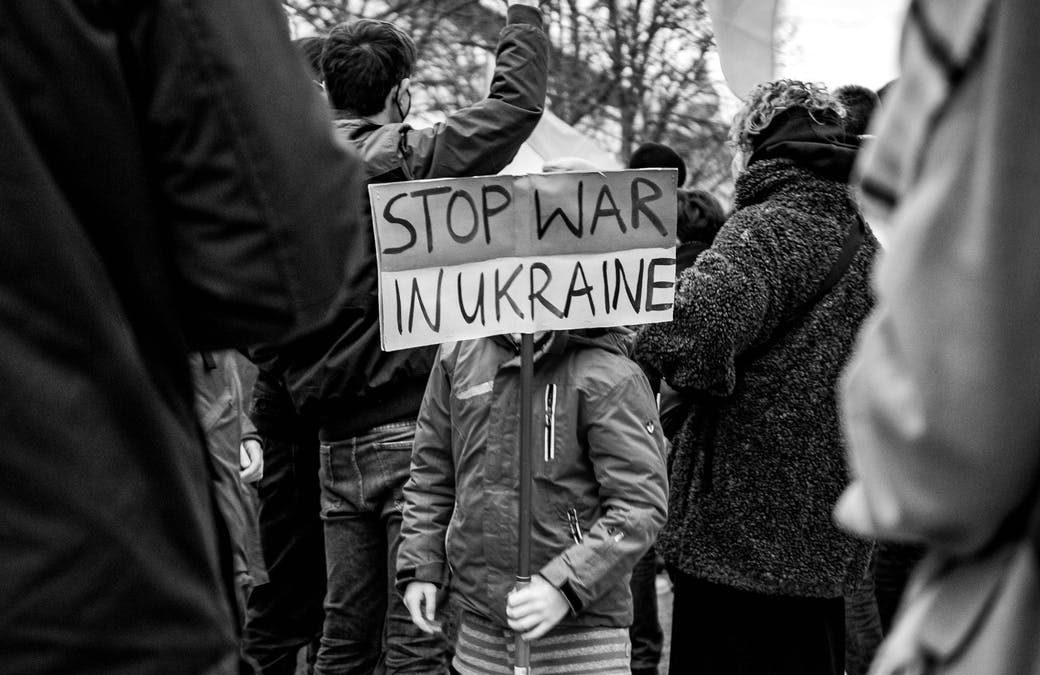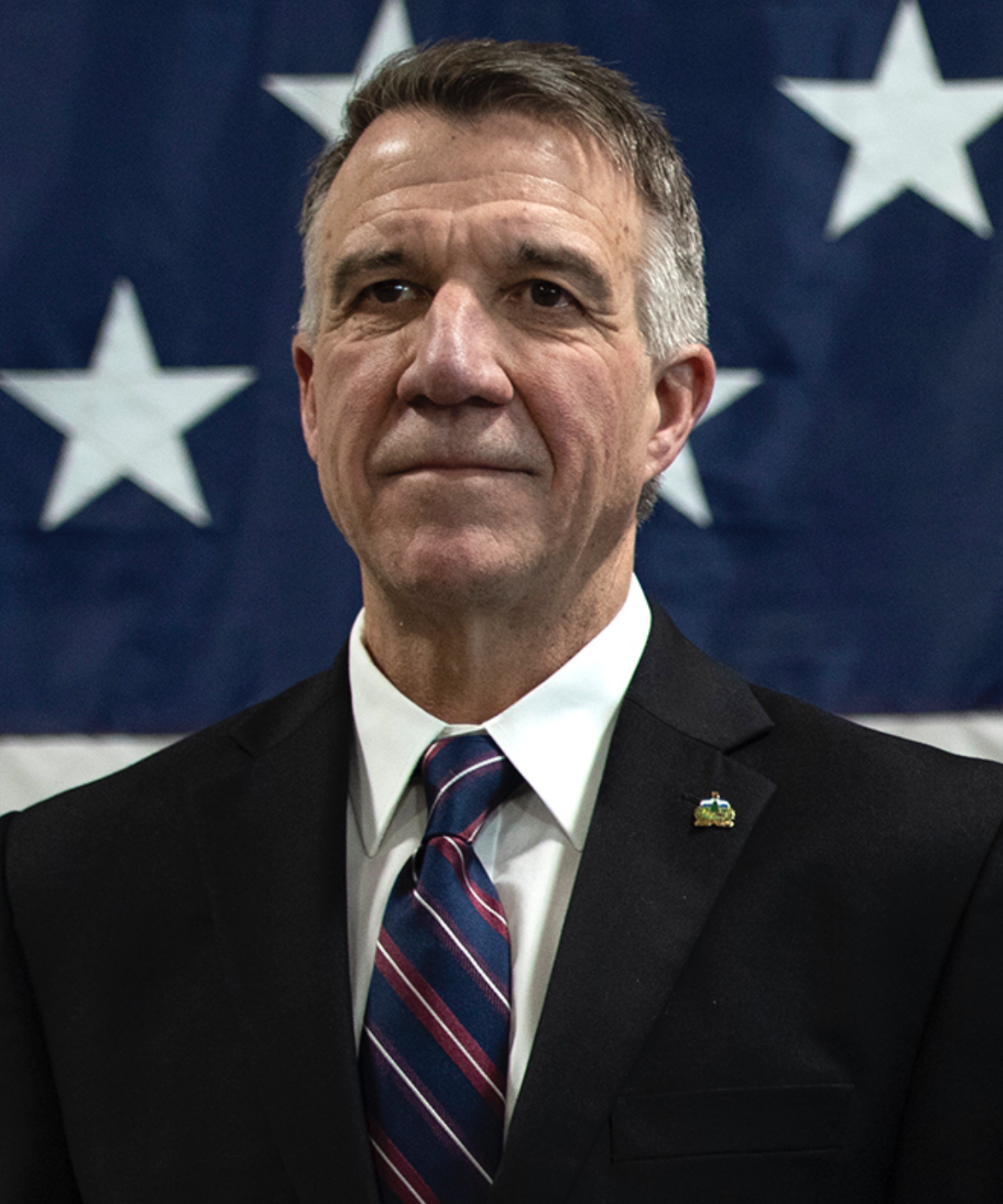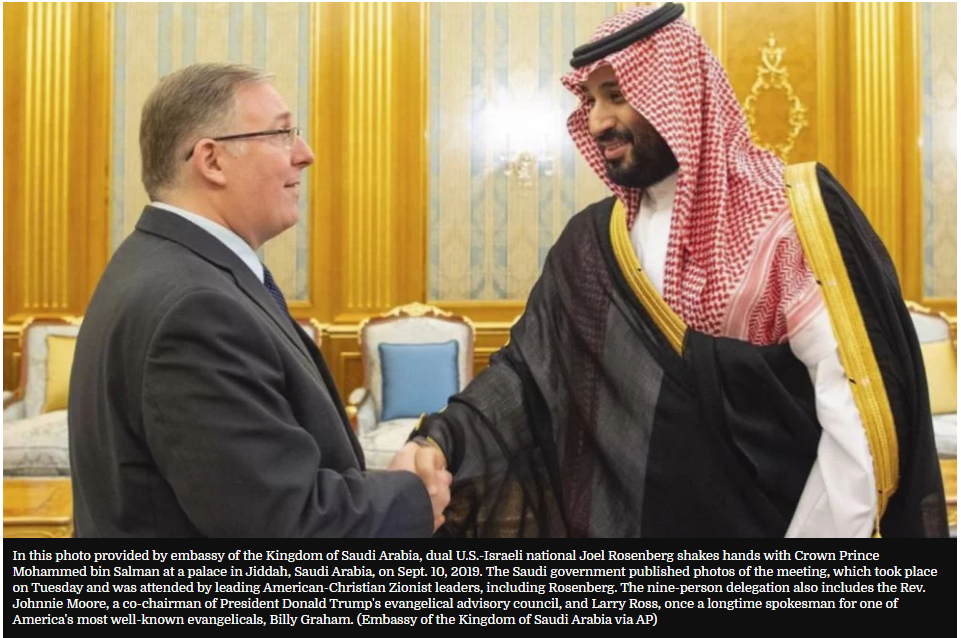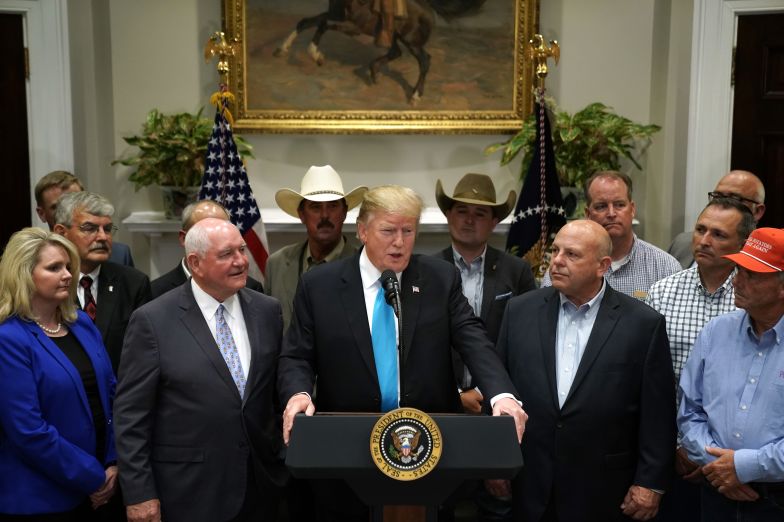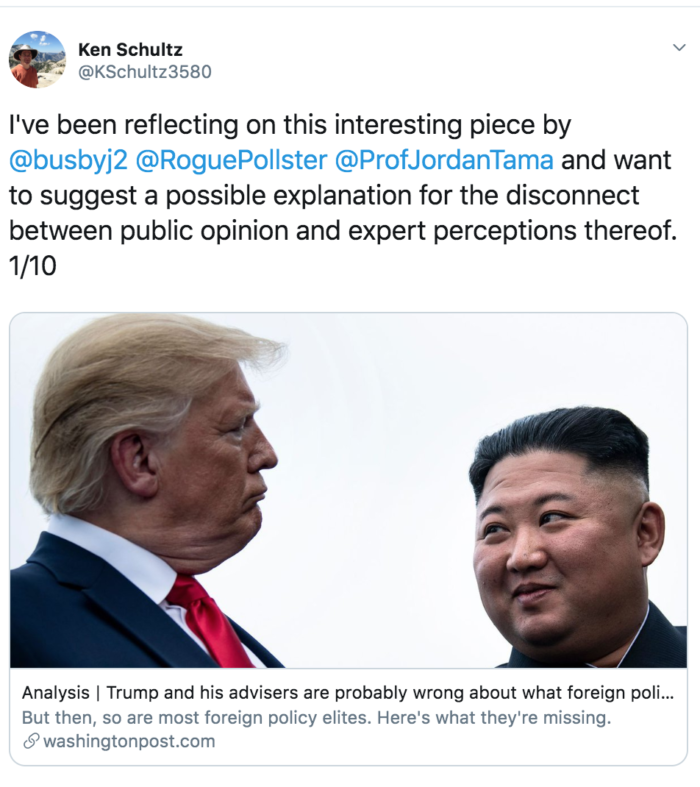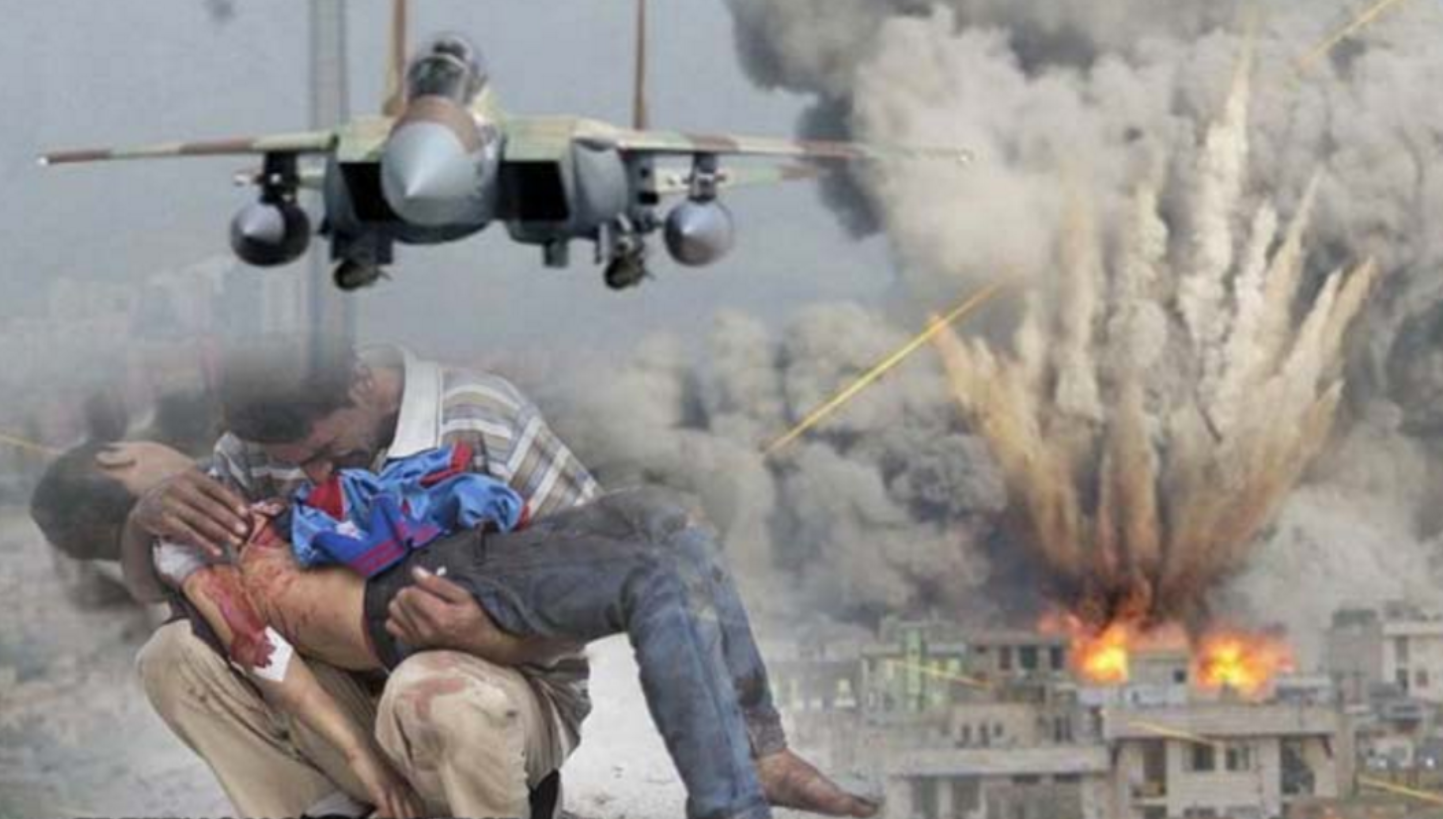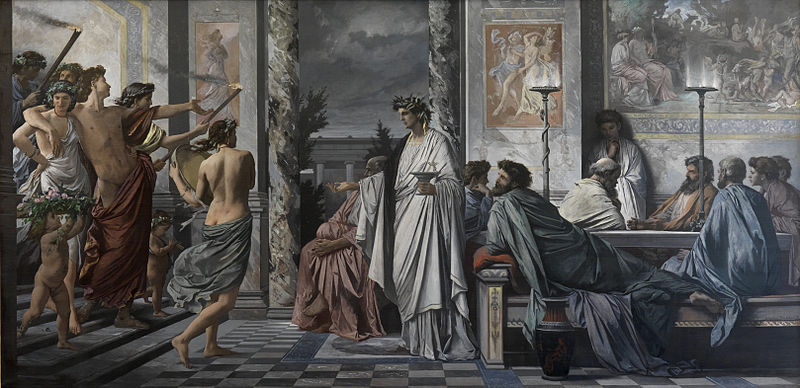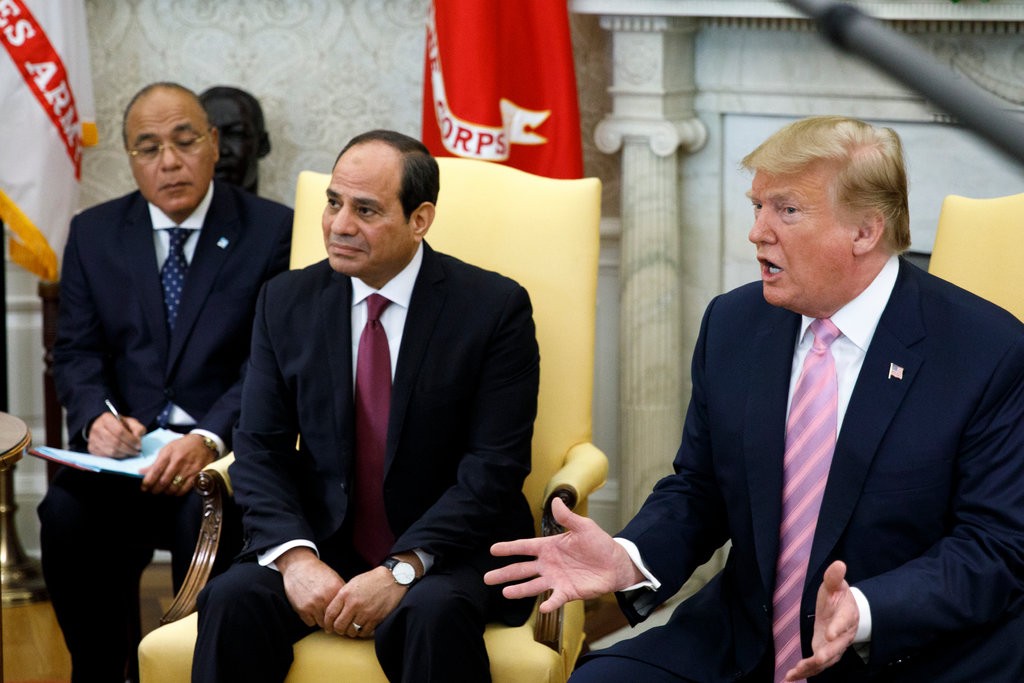Part I here if you are interested On the day of German reunification anniversary I bring you the sequel to the post on the new Russian history book. Only, if you read this history book, you will not find the term "reunification" - it's reserved for Crimea and Donbas -...

